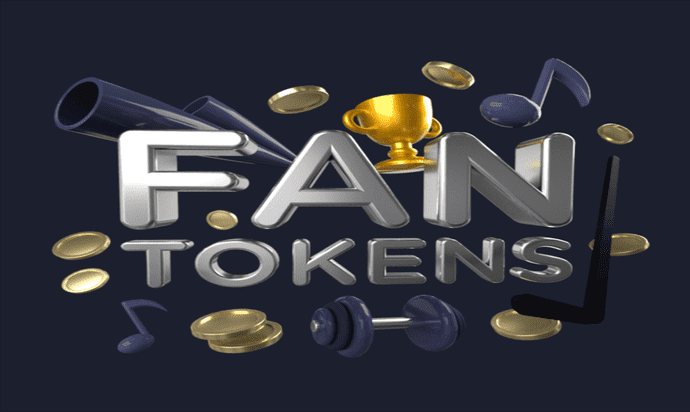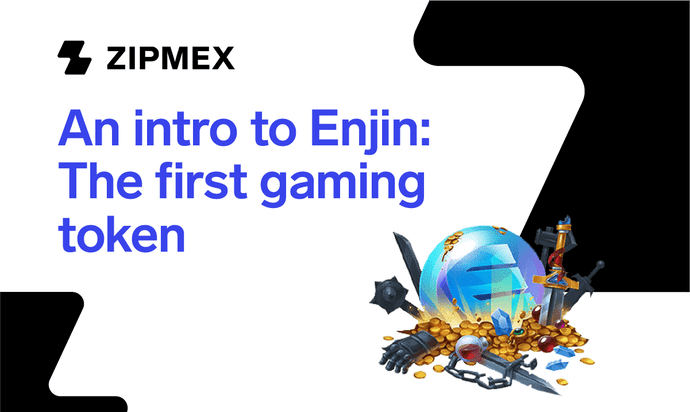Crypto Glossary
Token
In the blockchain world, tokens (also known as crypto tokens) are units of value that blockchain-based companies or projects create on top of existing blockchain networks to represent their worth. Even though they frequently have a high degree of interoperability with the cryptocurrencies on that network, they are a completely separate digital asset class.
What is a token in cryptocurrency?
Generally speaking, a cryptocurrency token refers to a unique virtual currency (token) or the unit of money used to denote cryptocurrencies. These tokens are fungible and tradable assets or services that are decentralized and run on their blockchains. While crypto tokens are frequently used to collect funds for crowd sales, they can also be used in place of other items. Typically, these tokens are produced, distributed, sold, and circulated via the traditional initial coin offering (ICO) procedure, which entails a crowdfunding exercise to support project development.
When it comes to blockchain technology, cryptocurrencies are the native asset of a certain protocol, whereas tokens are produced by platforms that are built on top of such blockchains. For example, the native token of the Ethereum blockchain is called Ether (ETH). While Ether is the cryptocurrency that is native to the Ethereum blockchain, there are a plethora of other tokens that also make use of the same network. A variety of functionalities are available on the platforms for which these tokens are created, including participation in decentralized finance (Defi) processes, accessing platform-specific services, and even engaging in video games.
Tokens vs Coins
Any digital asset produced on the blockchain is referred to as a token. It is often produced or minted on another blockchain, and it is frequently seen with several other tokens that are associated with other projects. Anyone may simply generate a crypto token by writing a bunch of computer code or even by utilizing automated tools to accomplish this task for them.
On the other hand, a coin is a cryptocurrency that runs on its blockchain, as opposed to a token. It is often referred to as the “native token” of the blockchain, and it is frequently used as a means for projects to pay transaction fees while simultaneously developing their apps on the same blockchain infrastructure. Building a blockchain needs a significant amount of human and financial resources (really, lots and lots of money), which means that not everyone capable can create a cryptocurrency. Anyone, on the other hand, may create a crypto token and give it whatever name they like.
Crypto token examples
Non-fungible tokens (NFTs): These tokens are primarily intended to be used as collectibles. Users may generate NFTs for practically anything, including art, baseball, virtual real estate, event tickets, and other types of tickets, among other things.
Security tokens: Security tokens are digital assets that are used to represent traditional “assets” like stocks and bonds. Consider the case of some security tokens that reflect business shares or bonds that the firm has issued to attract cash from institutional investors.
Stablecoins: These are crypto tokens that reflect digital equivalents of fiat currencies, such as the U.S. dollar. They are often linked 1:1 to the underlying currency, and as a result, they are always redeemable for the same amount as the underlying currency. USD Coin (USDC), Tether (USDT), and Gemini Dollar are some of the well-known examples.
Asset-backed tokens: In this case, the tokens reflect assets that exist in the real world, such as a piece of real estate or a tokenized form of gold held in a vault. This type of issuance enables the trading of these assets without the need for a physical transfer of the underlying commodity.


